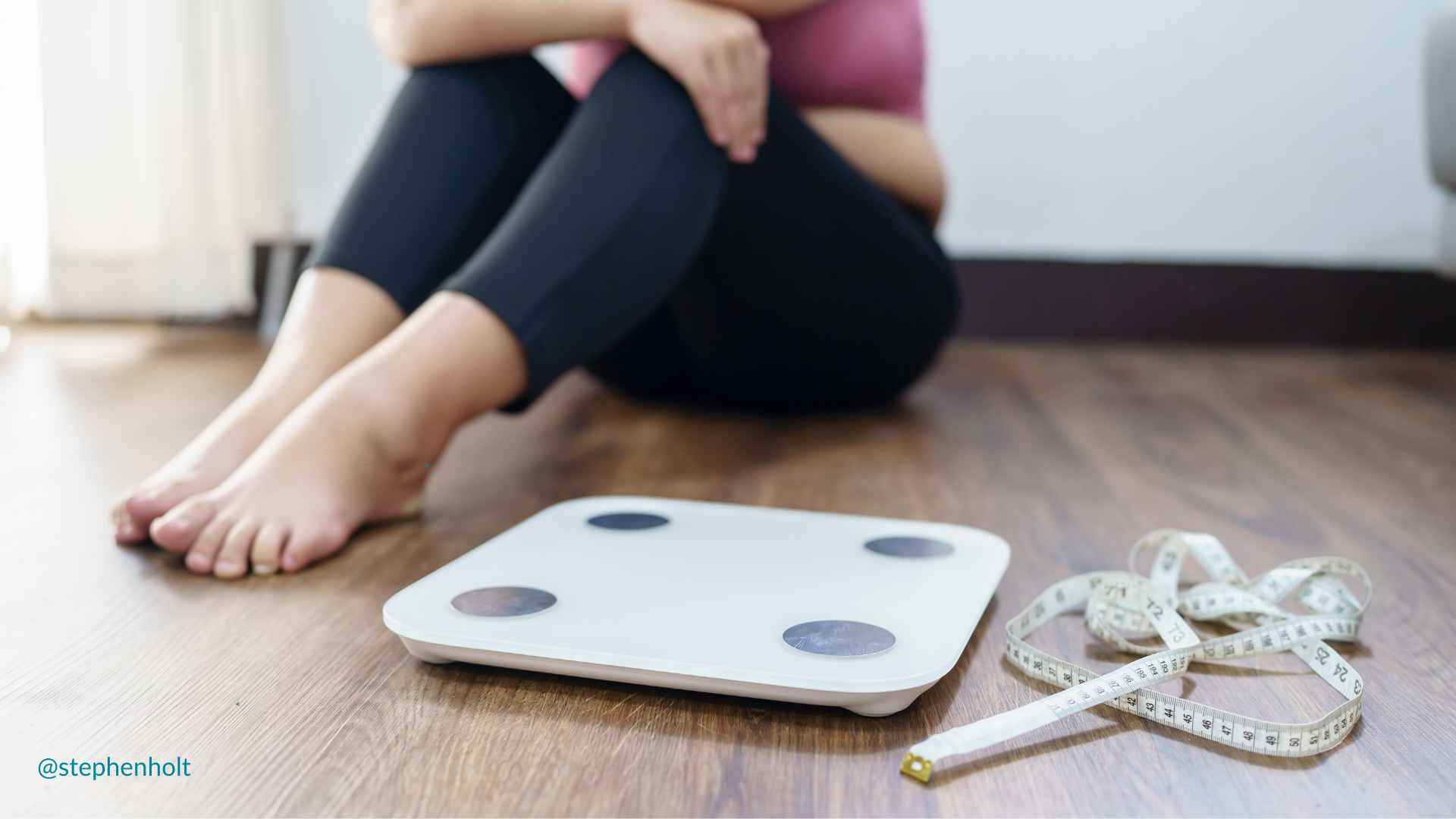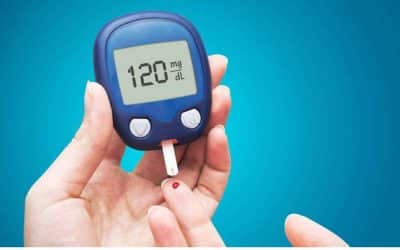Here’s What’s Really Going On with Your Menopausal Weight Gain (and What You Can Do About It)
Ever feel like you’re following all the “rules”—eating right, exercising—but the scale just won’t budge? It’s infuriating, isn’t it? You’re not imagining things, and it’s not a sign of a “broken metabolism.”
Table of Contents
Midlife weight gain has a lot more to do with your body’s natural evolution and lifestyle shifts than you’ve been led to believe.
If you’re stuck in a cycle of eating less but still gaining weight, trust me—you’re not alone.
Let’s get into why this happens and what you can actually do to feel like yourself again.
The Real Culprits Behind Menopausal Weight Gain
Most people blame a slowing metabolism.
But the truth is, midlife weight gain usually comes down to a complex mix of disrupted sleep, amplified hunger, and lifestyle changes.
It’s not inevitable, but it’s a struggle many face.
Poor Sleep Patterns
Hot flashes. Aching joints. Waking up at 3 a.m. worrying about everything from work to that weird noise in the house… Sound familiar?
When sleep is troublesome, the next day feels like a battle.
Your hunger hormones go haywire, driving you toward sugary snacks and leaving you exhausted.
The science is clear: Lack of sleep boosts appetite, and cravings skyrocket. It’s like trying to fight off a tidal wave with a paper towel.
Cravings That Won’t Quit
Do you ever finish breakfast and find yourself already planning lunch?
Hormonal changes during menopause ramp up hunger signals, making you feel like you’re starving, even when you’ve eaten plenty.
And when poor sleep enters the mix, those cravings become nearly impossible to resist. Your body isn’t just asking for food—it’s demanding comfort.
Moving Less, Stressing More
Joint pain. Back-to-back meetings. Family obligations. The days slip by, and before you know it, you’ve barely moved.
Plus, stress triggers your body’s instinct to seek comfort—usually in the form of high-calorie treats. It’s no surprise you notice the pounds creeping on despite your best efforts.
So, How Much Weight Are We Talking About?
On average, women gain about 4 to 6 pounds during the perimenopausal years, though some see a more significant change. It’s normal, but it’s not set in stone.
Aging may play a role, but it’s not an automatic sentence. You can regain control.
Why Diets and Intense Workouts Can Backfire
The usual advice—cut calories, hit the gym harder—often backfires at this stage of life.
Why? Because your body’s needs have changed.
Intense workouts can leave you feeling wrecked, especially if you’re dealing with joint pain.
Extreme diets can make you obsessed with food, amplifying cravings instead of taming them.
Instead of beating yourself up with punishing routines, it’s time to try a more strategic, thoughtful approach.
Try These Experiments Instead
Rigid rules rarely work for long. Instead, think of these as experiments—gentle adjustments to see what helps you feel better.
Sleep Experiments
- Reset Your Circadian Clock: Step outside for some morning sunlight or try setting a consistent wake-up time, even on weekends. It might feel like a small change, but it can help reset your body’s internal rhythms.
- Cool Things Down: Keep your bedroom cool. If night sweats are a problem, look into cooling sheets or a fan. Quality sleep is worth a little extra effort.
- Cut the Caffeine (After Noon): It’s tough, I know. But late-day caffeine can sabotage your sleep, making tomorrow even harder.
Hunger Management
- Prioritize Protein: Lean protein helps keep you satisfied and curbs those insistent cravings. If you’re constantly thinking about your next meal, start here.
- Choose High-Fiber Foods: Ditch the processed snacks and opt for whole foods like nuts, beans, or fresh fruit. Fiber helps you stay fuller longer without spiking your blood sugar.
- Track Your Snacks: It’s easy to forget about that handful of pretzels or that bite of cake. Keep a simple log—no judgment, just data—to see if there are patterns.
Boost Your Energy
- Embrace Strength Training: Building muscle isn’t just about aesthetics. It keeps your metabolism humming and supports bone health. Plus, there’s something empowering about lifting weights at any age.
- Incorporate Active Recovery: You don’t have to crush it every day. Activities like walking, foam rolling, or gentle stretching can help your body recover while keeping you active.
- Consider Supplements Thoughtfully: Creatine might sound like it’s for bodybuilders, but it’s one of the most researched supplements out there for supporting muscle recovery and cognitive function, especially after a bad night’s sleep.
Time for a New Fitness Mindset
Midlife isn’t about doing more—it’s about doing smarter.
The old tactics of grueling cardio sessions and restrictive dieting? They’re not serving you anymore.
Instead, focus on movement that energizes you, nourishing your body with foods that satisfy, and allowing yourself grace on the tough days.
How to Deal with Menopausal Weight Gain
You’ve been adapting and adjusting your entire life. This stage is no different.
Rather than chasing a number on the scale, why not focus on building strength, boosting your energy, and finding joy in the process?
You deserve to feel vibrant and strong, no matter what season of life you’re in.
By experimenting with new strategies and embracing a flexible mindset, you can navigate this transition with confidence. You’re not just making it through—you’re taking charge of your health and well-being for the long haul.




